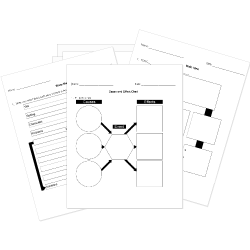Sixth Grade (Grade 6) Study Skills and Strategies Questions
You can create printable tests and worksheets from these Grade 6 Study Skills and Strategies questions! Select one or more questions using the checkboxes above each question. Then click the add selected questions to a test button before moving to another page.






